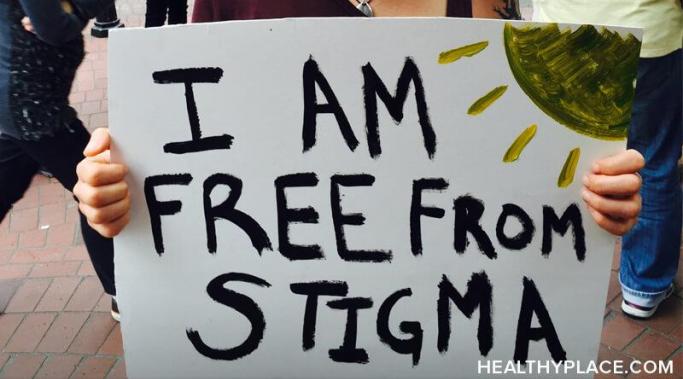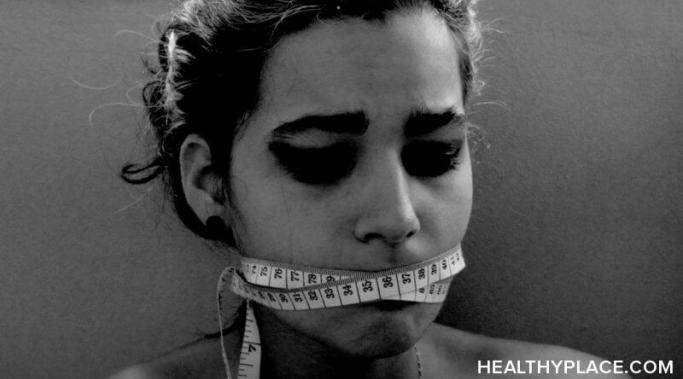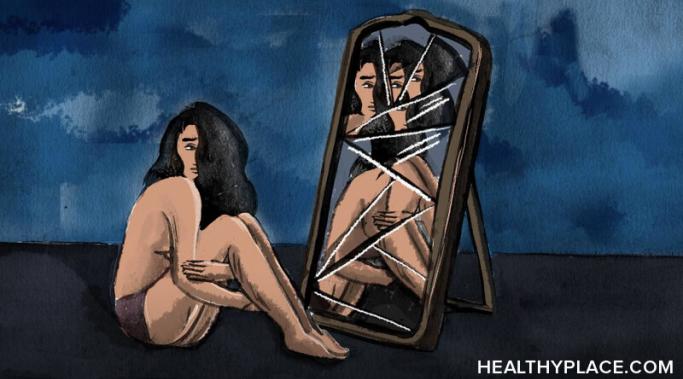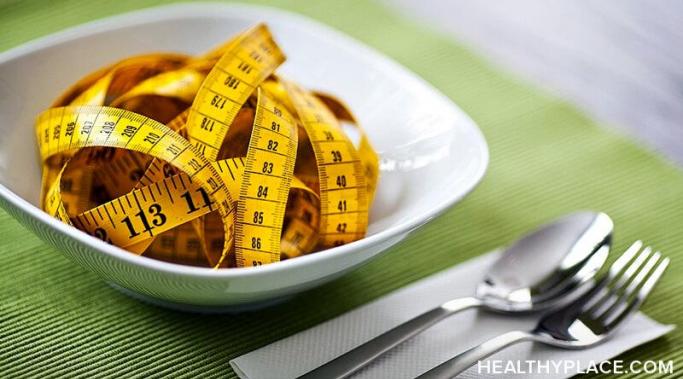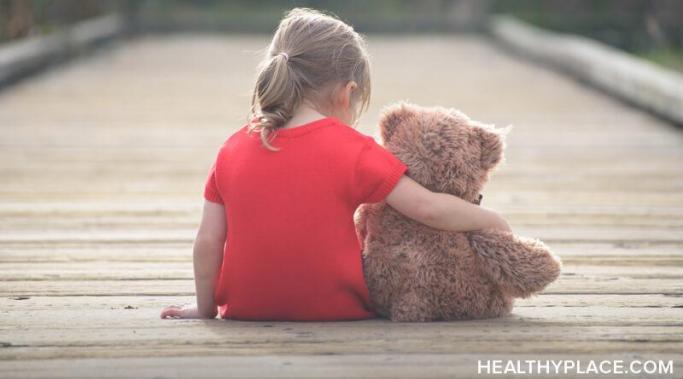The language society uses when talking about eating disorders is weird. But as survivors—or allies of survivors—with firsthand experience of the illness, we have the power to change this dialogue. Within the context of mainstream culture, eating disorders and those of us impacted by them, are often branded with limiting quantifiers and descriptors. These labels seem like barriers in direct opposition to eating disorder recovery, but we can either accept the status quo or initiate another conversation—one that advocates for the potential of courage, strength and healing.
Coping Skills for Eating Disorder Recovery
Why can the loss of control cause an eating disorder? When you lose control in certain areas of your life, this can spiral into the "perfect storm" for an eating disorder to emerge. From unhealthy relationships to unstable environments to unforeseen circumstances, feeling out of control is a turbulent emotion that can provoke you to engage in frantic and reckless behaviors. In the effort to regain a sense of equilibrium, it's common to fixate on the one aspect of yourself which seems controllable—your body. But while this coping mechanism provides a fleeting distraction from all the chaos around you, the truth remains that as you plunge deeper into the eating disorder, you're not in control anymore—it's now controlling you.
Creating a gratitude practice to enhance eating disorder recovery is important because an eating disorder cheapens your mindset on life and convinces you that suffering is permanent. But learning to practice gratitude can weaken the eating disorder's influence. Gratitude can cut through all that negativity and redirect your focus onto glimmers of hope, beauty, purpose and love. These feelings are often subdued beneath layers of torment and abuse from the eating disorder critic, but finding reasons to appreciate yourself, the people around you and the experiences you're given will cause that voice to fade—then, ultimately, disappear.
Talking about your eating disorder recovery story and your struggles with an eating disorder can feel intimidating, exposing, or overwhelming. But when you reach a stable, consistent place in eating disorder recovery, that inner nudge to share your eating disorder recovery story is often disarming, healing and empowering—both for yourself and others.
Feeling your emotions in eating disorder recovery can be unsettling at first. Eating disorders strive to brush uncomfortable emotions aside—to ignore the tension and medicate the suffering—but deep-rooted anger, insecurity, fear, grief, loneliness, rejection or similar emotions must be named and felt in order to achieve sustainable eating disorder recovery. Instead of masking the pain with harmful behaviors, it's crucial to acknowledge, identify, express and feel your emotions. This practice of tuning into your own emotionality creates space for self-awareness, compassion, acceptance and, ultimately, healing.
Positive affirmations in eating disorder recovery can be life-savers. "I am more than a body," is one of the most crucial eating disorder mantras to adopt because one of the harmful myths an eating disorder will urge you to believe is that physical appearance is all you can offer this world. But the truth is you are more than a body. Adopting positive affirmations in eating disorder recovery helps you heal, and here's what makes this one affirmation crucial.
We need eating disorder recovery tips for the holidays because, despite its festive spirit and upbeat mood, this can be a stressful time of year. The tension becomes even more palpable for those in recovery from an eating disorder. Between complex family dynamics, hectic scheduling demands and increased financial commitments, this season often feels more nerve-racking than relaxing. But with the added pressure of an eating disorder, one facet tends to cause more anxiety than all the others combined—food. Since the holidays center around cooking, baking and sharing meals, this can present a serious obstacle for those healing their relationship with food. Therefore, it's crucial to prioritize eating disorder recovery tips for the holidays over these next two months.
Sexism contributes to the prevalence of eating disorders in women, but on the flip side, approaching eating disorders from a feminist outlook can be an important tool for recovery. Our social constructs view gender through a binary lens in which men are the objectifiers and women are the objectified, causing female bodies to be sexualized. This idea makes women feel pressured to meet the conventional standards of beauty, often resorting to extreme behaviors if their physical features are outside the “norm.” But dismantling these restrictive and harmful stereotypes could promote more body acceptance in our culture. Because sexism and eating disorders are connected, a feminist perspective can help to reverse this issue.
Why wouldn't exercise have a place in eating disorder recovery? There's no denying that bodies are designed for movement. In fact, exercise offers health benefits that we need in order to thrive, both physically and mentally. Being active helps us manage stress, boost our moods and feel more energized. It redirects our attention off social media or smartphones, so we can be mindful of how our breathing deepens, muscles contract and bodies function. When used for balance, enjoyment and wellness, exercise is a positive lifestyle choice. But for those of us recovering from eating disorders, exercise could turn into a compulsion.
It's important to show empathy to yourself and others in eating disorder recovery. It’s vital for our loved ones to be able to show empathy for us as we journey towards recovery. It’s also vital to be able to show empathy for ourselves because empathy will help to keep us in eating disorder recovery. Here’s how to show empathy to yourself and others in eating disorder recovery.
